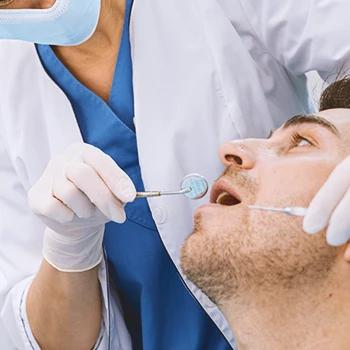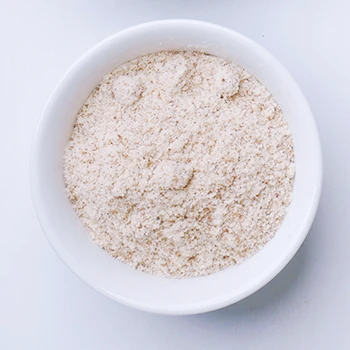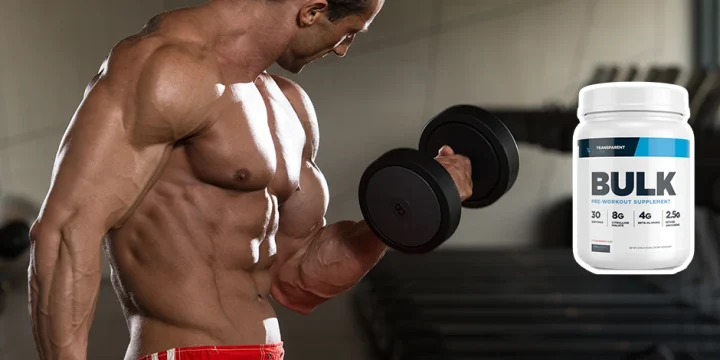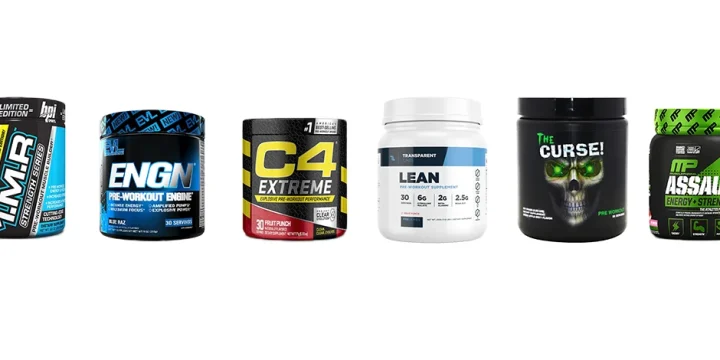Being a fitness trainer, I often get questions about whether the benefits of pre-workouts outweigh some risks.
Recently conversations have revolved around the question if pre-workouts are bad for oral health.
Because I am a fitness trainer and don’t hold a dental degree, I reached out to a good friend who's a dentist to go over available literature on the subject and discuss what happens when such drinks come in direct contact with your teeth.
Let’s take a closer look.
Quick Summary
- To protect your teeth from potential harm, be cautious of pre-workout ingredients like citric acid and sugar that can erode enamel.
- The rush from pre-workout supplements boosts gym performance, yet it's important to be mindful of their potential to disrupt the pH balance in your mouth.
- A dentist recommends waiting 30 to 60 minutes to brush your teeth after taking pre-workout supplements, especially since limiting free sugar consumption to less than 10% of your total energy intake greatly reduces the risk of dental caries.
- I've found that using a fluoride mouth rinse and avoiding dry scooping are effective strategies for enjoying the benefits of pre-workouts without compromising my oral health.
Pre-workout and Your Teeth

Drawing from my own training regimen and observations from my MMA colleagues, I can attest to the substantial surge in energy and endurance that pre-workout supplements provide.
Pre-workout supplements aren't just for an immediate energy boost; they significantly enhance muscle growth and recovery in a comprehensive fitness regime.
The International Society of Sports Nutrition highlights their rich content of essential nutrients like B vitamins and amino acids, which can indirectly support dental health through better nutrition [1].
However, some pre-workout ingredients might harm oral health. It's important to scrutinize the ingredient list of your sports drink. But first, remember a crucial tip when buying any supplement.
Unlike medications, the FDA does not regulate pre-workout supplements with the same rigor. Therefore, ensuring you purchase from trustworthy sources becomes paramount for both your general and oral health.
To ensure quality and safety, purchase supplements that are:
- Manufactured in GMP-certified facilities
- Manufactured in FDA-approved facilities
- Third-party tested
What to Watch For

Now let’s take a quick look at ingredients that may put your teeth at risk.
Acid
According to the Journal of the American Dental Association, the acidity found in many pre-workout supplements can lead to dental erosion, a condition where the tooth enamel is worn down, increasing the risk of cavities and tooth sensitivity [2].
The acidity of many pre-workouts comes from ingredients like citric acid (CA) and ascorbic acid (vitamin C), used for preservation and taste.
You can recognize acids in formulas as:
- Preservatives ending in “ate,” like sorbate, monosodium glutamate, and sodium benzoate
- Certain additive food/code numbers (300 or 331 is CA, 300 is vitamin C)
Sports drinks containing these ingredients wear down your tooth enamel, the hardest substance in your body, creating an environment that welcomes bacteria and promotes cavities [3].
The best advice I received from a dentist is to use a fluoride mouth rinse regularly to minimize risks and protect the teeth.
Sugar
If you're diligent about dental hygiene like I am, you've probably had conversations with your dental hygienist about how sugar impacts cavity formation.
“Certain habits are linked to tooth decay, including snacking on high-sugar foods, drinking sugary or acidic beverages, sipping on sweet drinks and eating sticky foods.”
- Verena Tan, RD, PhD
Just like acid, sugar is a magnet for harmful bacteria that attack the tooth's enamel. This is well documented in studies, such as this published in the Public Health Nutrition journal, which link sugar consumption to increased rates of dental decay [4].
Dry Scooping and Dental Health

Dry scooping is a social media trend that promotes taking a scoop of powder, generally pre-workouts, without mixing it with water, which leads to feeling the effects faster.
Is dry scooping bad? Dry scooping, a social media trend of consuming pre-workout powder without water, is risky and not recommended. I strongly advise against it and prohibit it among my clients.
Pre-workout powders are meant to be mixed with water to lessen the effects of acidic and sugary ingredients. Taking them in concentrated form increases the risk of these substances damaging tooth enamel.
Beyond dental health, dry scooping poses other serious health risks, including heart palpitations, chest pain, and anxiety.
Tips for Not Wrecking Your Teeth

If you use a workout supplement or sports drink, there is some advice you can follow to minimize damage.
Here are some tips from the dentist:
- Delay toothbrushing - athletes consuming pre-workout supplements should consider brushing their teeth 30 to 60 minutes after their workout to prevent acid from weakening tooth enamel.
- Don’t dry scoop - dry scooping allows undiluted acid to promote irreversible enamel erosion.
- Use a straw - this can limit the amount of direct contact the drink has with your teeth.
- Do not swish drinks around your mouth - this will coat your teeth and increase the risk of damage. Sip and swallow.
- Neutralize the acid - rinsing your mouth with water, drinking milk, or eating cheese can help neutralize the acid due to the calcium in dairy.
- Chew sugar-free gum - to keep saliva flowing and protect your teeth, chew gum and make sure it has the ADA Seal of Acceptance (dental products which are reliable, safe and high-quality).
FAQs
Does Creatine Hurt Your Teeth?
Creatine itself isn’t likely to hurt your teeth and is a common ingredient in many pre-workouts considered generally safe; be aware of the product’s sugar content and mix it properly.
Can I Drink Pre-workouts With Braces?
You can drink pre-workouts with braces but maintaining good oral hygiene as directed by your dentist, remaining hydrated, and properly mixing your workout supplement are essential to minimize any adverse effects.
References:
- https://www.ncbi.nlm.nih.gov/pmc/articles/PMC4501114/
- https://www.ncbi.nlm.nih.gov/pmc/articles/PMC2516950/
- https://pubmed.ncbi.nlm.nih.gov/15779219/
- https://pubmed.ncbi.nlm.nih.gov/14972061/
About The Author
You May Also Like






